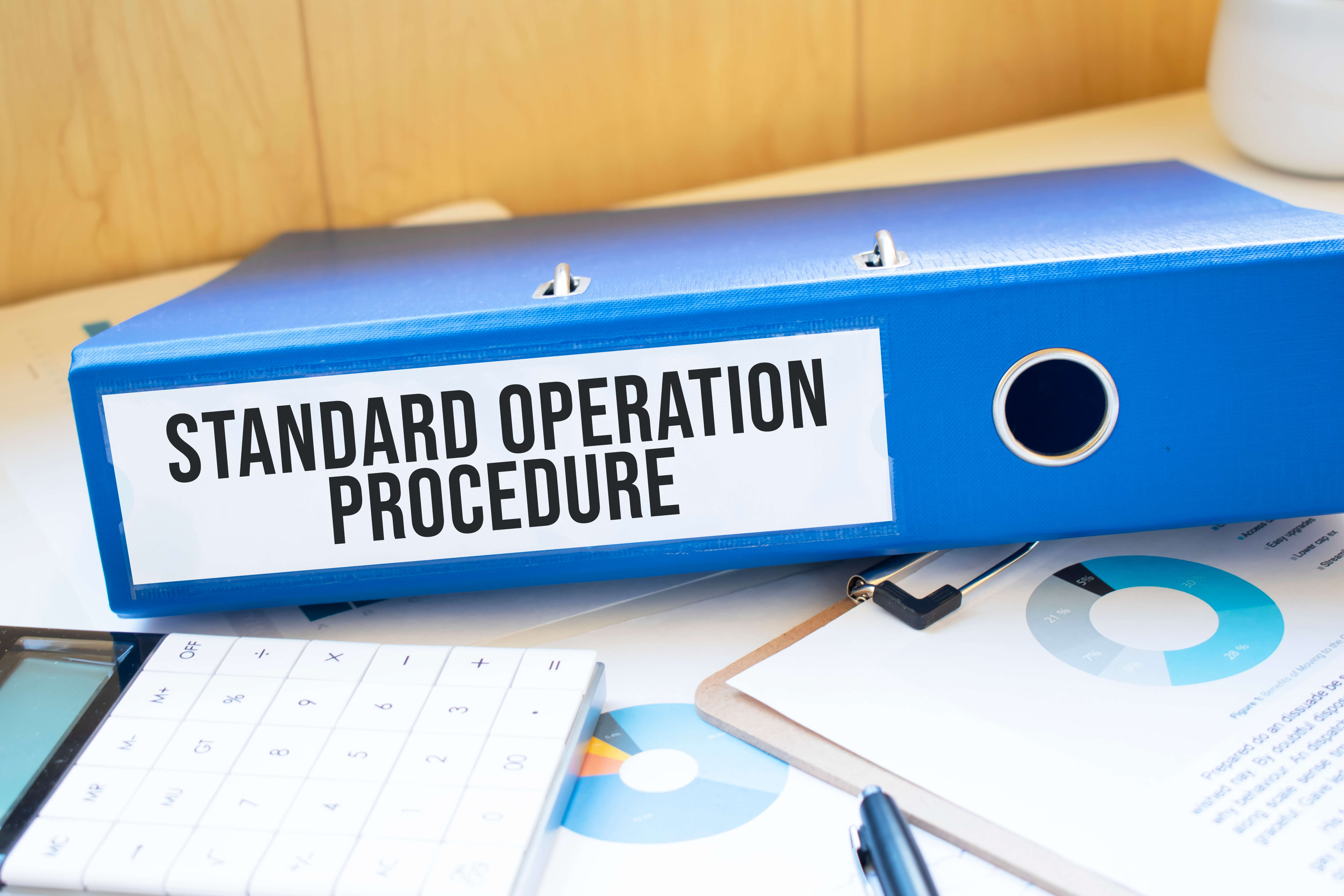Employers are responsible for the safety and wellbeing of their staff. This is stated in the health & safety legislation in the UK.
In this article, we’ll explain the legislation you should know and how it affects your business. Got a question about workplace health & safety? Speak to one of them now on 01455 858 132.
What is health & safety legislation?
It’s a set of laws and regulations that govern how we manage health & safety in the workplace. It outlines the employer’s duties, and helps ensure the health, safety, and welfare of staff.
Depending on the industry, size, and nature of your business, you may need to focus on different health & safety legislation. However, there are some that will apply to all organisations across the UK, we’ve listed them below.
Why was the health & safety law made?
Health & safety, as a concept, has existed for nearly two centuries. The first workplaces that attracted the attention of those concerned about employee safety were factories and mines. This was also the case when the most significant piece of health & safety legislation was introduced in the modern day—the Health and Safety at Work Act 1974.
At that point in time, there was only sector-specific health & safety law. These were deemed insufficient, and so the 1974 act was created which applied to all workplace across the UK.
What followed was the creation of the Health & Safety Executive (HSE) and numerous health & safety laws in the UK that we still follow to this day.
List of health & safety legislation
We won’t list every single piece of legislation since 1974, only the ones that still apply or still have relevance today. As we mentioned earlier, the main piece of legislation for health & safety was (and still is) the Health and Safety at Work Act 1974.
This is where the employer’s duty of care for their employees’ wellbeing and safety comes from. It’s also key in criminal prosecutions.
Other important legislation relating to health & safety includes:
- Safety Representatives and Safety Committees Regulations 1977.
- Health and Safety (First Aid) Regulations 1981.
- Health and Safety Information for Employees Regulations 1989.
- Electricity at Work Regulations 1989.
- Manual Handling Operations Regulations 1992.
- Personal Protective Equipment at Work Regulations 1992.
- Health and Safety (Display Screen Equipment) Regulations 1992.
- Workplace (Health, Safety and Welfare) Regulations 1992.
- Health and Safety (Signs and Signals) Regulations 1996.
- Health and Safety (Consultation with Employees) 1996.
- Working Time Regulations 1998.
- Provision and Use of Work Equipment Regulations 1998.
- Management of Health and Safety at Work Regulations 1999.
- Control of Lead at Work Regulations 2002.
- Control of Substances Hazard to Health Regulations 2002 (COSHH).
- Regulatory Reform (Fire Safety) Order 2005.
- Control of Noise at Work Regulations 2005.
- Control of Asbestos Regulations 2012.
- Reporting of Injuries, Diseases and Dangerous Occurrences Regulations 2013 (RIDDOR).
Who enforces health & safety law?
The Health & Safety Executive (HSE) was founded in 1975, and they’re responsible for enforcing health & safety laws in the UK. They do this via advice, guidance, inspections, investigation, and enforcement.
In worst-case scenarios, the HSE has the authority to issue substantial fines and even periods of imprisonment. The size of the fine depends on several factors, including:
- The date the offence was committed.
- The court that passes the sentence.
- The type of breach of duty under the Health and Safety at Work Act 1974.
You may also be required to pay compensation for any personal injury, loss, or damage as a result of the offence.
The financial penalty is one of many reasons why work health & safety legislation is so important. The most important reason, of course, is keeping everyone in your workplace safe. If you need further support with any of the health & safety laws you’ve seen listed above, you can get more information from industry experts.
Expert support on health & safety with Croner
You have a duty of care to your staff. And failure to protect their wellbeing can have a serious impact.
Your employees will be at risk of serious injury, and you risk costly fines for your business.
Croner’s health & safety team is made up of industry experts who are ready and willing to take your call today. Speak to one of them now on 01455 858 132.
Related resources
Categories
- Business Advice
- Contracts & Documentation
- Culture & Performance
- Disciplinary & Grievances
- Dismissals & Conduct
- Employee Conduct
- Employment Law
- End of Contract
- Equality & Discrimination
- Health & Safety
- Hiring & Managing
- Leave & Absence
- Managing Health & Safety
- Moving
- Occupational Health
- Pay & Benefits
- Recruitment
- Risk & Welfare





